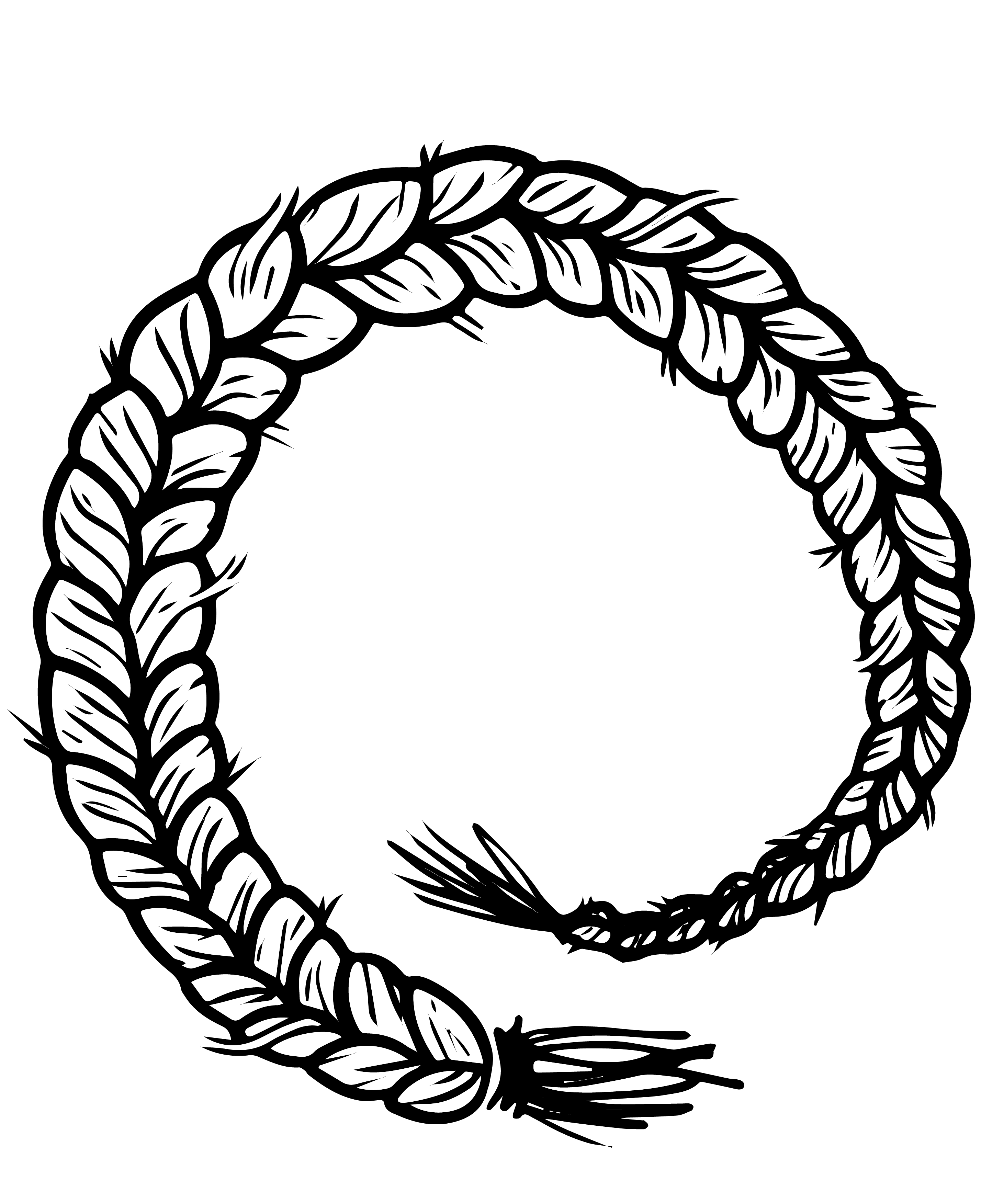Considering the Needs of Indigenous Survivors
You are invited to choose your path to the berry patch by identifying and sourcing the resources and pathways that will help your specific community ecosystem flourish, for safer campuses for everyone.
In this video, Jewell asks us to consider the unique needs and experiences of Indigenous students, particularly survivors of sexualized violence.
https://media.bccampus.ca/id/0_tzxj51ln?width=608&height=402&playerId=23449753
To support First Nations, Métis, and Inuit students and survivors of sexualized violence, it’s important to have reflected deeply on the historical and ongoing effects of colonialism as well as your own history and perspectives. This includes understanding the historical context, acknowledging the impact of colonization, and recognizing the over-sexualization of Indigenous women. Before you engage with the reflection questions below, consider reviewing the following publications:
- Summary of the Final Report of the Truth and Reconciliation Commission of Canada [PDF]
- Truth and Reconciliation Commission of Canada: Calls to Action [PDF]
- The Final Report of the National Inquiry into Missing and Murdered Indigenous Women and Girls
- In Plain Sight: Addressing Indigenous-Specific Racism and Discrimination in B.C. Health Care [PDF]
Reflection Questions
- What do you know about the historical and ongoing effects of colonialism on First Nations, Métis, and Inuit communities? You could download and use the Colonial Violence Wheel Activity handout [PDF] to help guide you.
- Consider your identity and experiences. Ask yourself:
- Do I have a deep knowledge of who I am and what perspectives I bring to this work?
- How do I define myself?
- What are key parts of my personal and professional identity? (E.g., consider gender, class, race, work history, and family)[1]
- As you consider these questions, you may find the Power Flower Activity [PDF] helpful.
- How do these identities and experiences affect the support you offer First Nations, Métis, and Inuit students, particularly survivors of sexualized violence?
- How does who you are affect how you see and help nurture the berry patch of supports for Indigenous students?
- In this video, Jewell says, “Each First Nations, Métis, and Inuit community has its own unique needs and resources already in place to help support their survivors. So, the first step is for you to explore and identify the key resources in your area as well as to learn more about the history of colonization in your post-secondary institution’s region and how colonization affected Indigenous Peoples in your region.”
- What signs of resiliency and regrowth can you identify through youth programming, housing initiatives, women’s shelters, and healing spaces?
- Download and start using the handout Reflections and Actions for Deepening Your Knowledge of First Nations, Métis, and Inuit Communities [PDF]. This handout offers ideas on how to learn more about the local Indigenous community (or communities) close to your institution. It provides suggestions for ongoing ways to support reconciliation and honour the knowledge, history, culture, and resilience of Indigenous people and communities.
Resources
National Inquiry into Missing and Murdered Indigenous Women and Girls. (2019). Reclaiming power and place: The final report of the national inquiry into missing and murdered Indigenous women and girls (Volumes 1a and 1b). https://www.mmiwg-ffada.ca/final-report/
Truth and Reconciliation Commission of Canada. (2015). Truth and Reconciliation Commission of Canada: Calls to action [PDF]. https://ehprnh2mwo3.exactdn.com/wp-content/uploads/2021/01/Calls_to_Action_English2.pdf
Truth and Reconciliation Commission of Canada. (2015). Honouring the truth, reconciling for the future: Summary of the final report of the Truth and Reconciliation Commission of Canada [PDF]. https://ehprnh2mwo3.exactdn.com/wp-content/uploads/2021/01/Executive_Summary_English_Web.pdf
Turpel-Lafond, M. E. (2020) In plain sight: Addressing Indigenous-specific racism and discrimination in B.C. health care [PDF]. https://engage.gov.bc.ca/app/uploads/sites/613/2020/11/In-Plain-Sight-Summary-Report.pdf
- These questions are from Natalie Clark’s article. Grounding in our own experience: Towards violence/trauma informed Indigenous and intersectional disclosure practices. Academia. ↵

